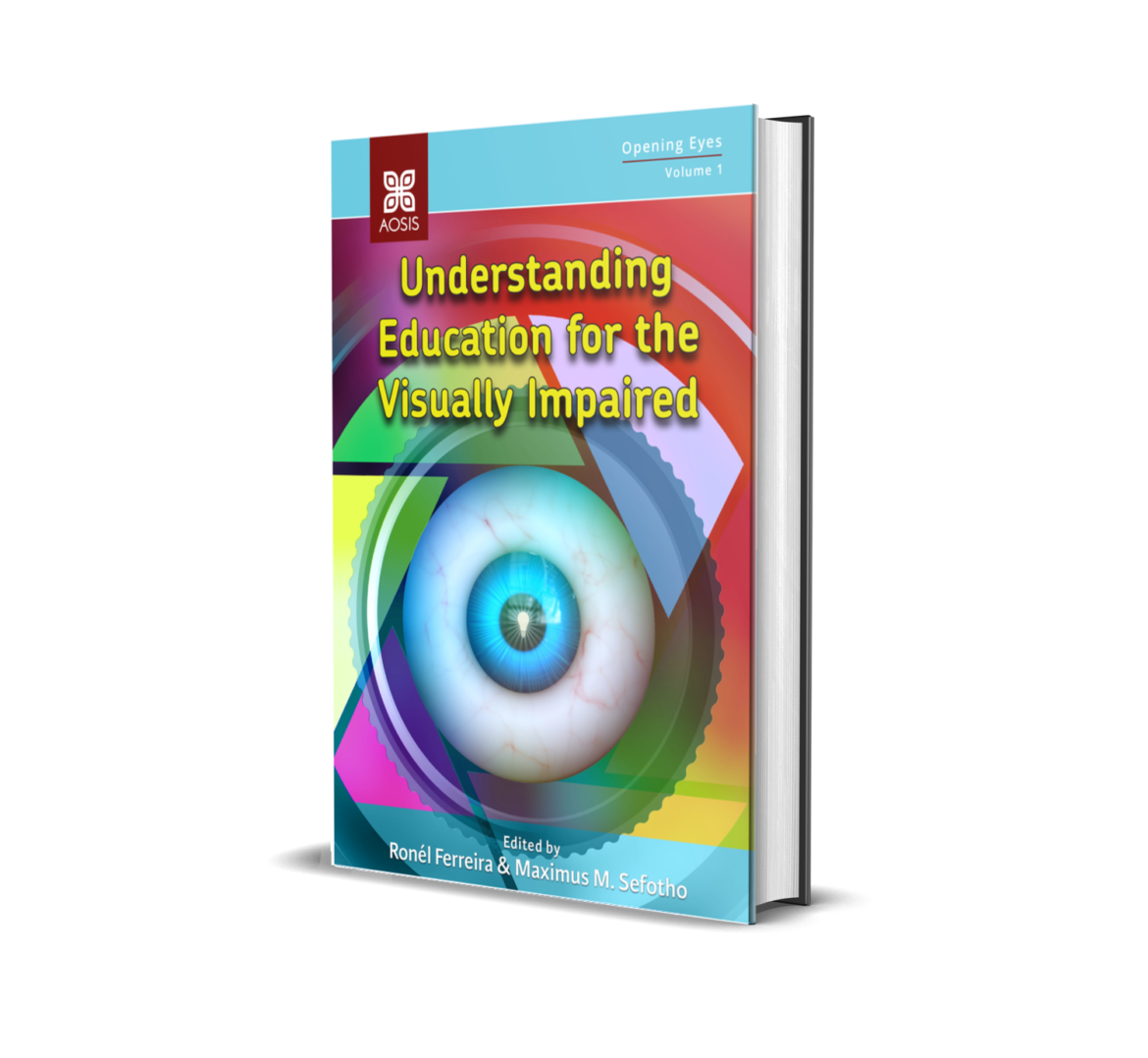The contribution that this book makes to scholarship is regarded as ground-breaking, as it is based on recent research conducted with teachers on the ground-level, as well as on research and experiences of practitioners, gained over many years. In this volume, Understanding education for the visually impaired, the focus falls on understanding visual impairment within the South African context, more specifically on what the education of these learners entails. In addition to the contribution to existing literature in the fields of inclusive education and visual impairment, the publication has practical application value for teachers and practitioners who work with and support such learners.
Copyright © 2020 Ronél Ferreira, Maximus M. Sefotho (Volume editor)

